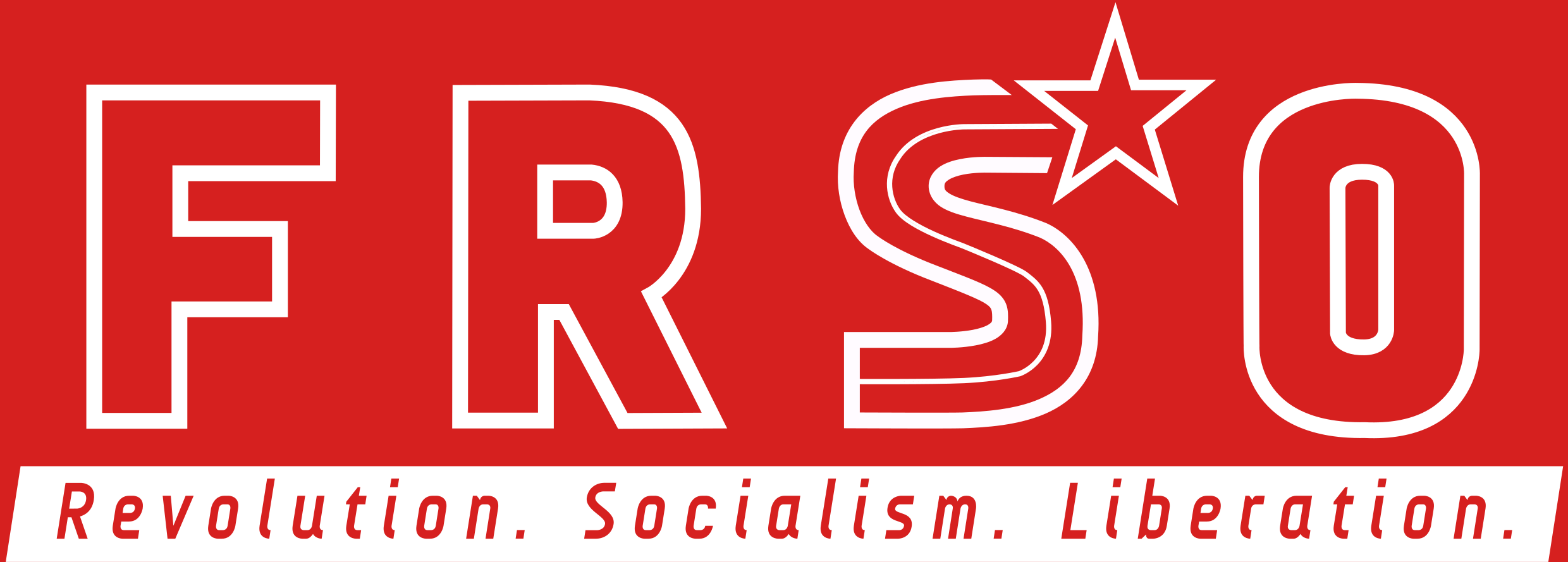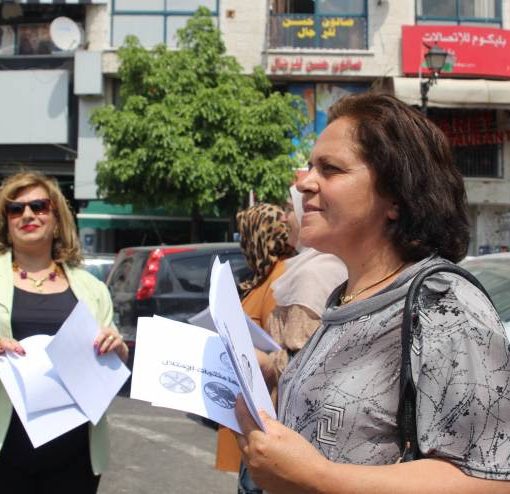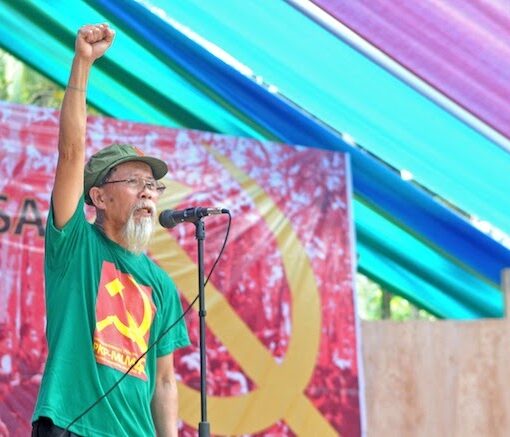May Day is a day to stand up and fight back. Millions will take to the streets – from Los Angeles to Mexico City, to Manila, to Moscow and points in between – placing demands on the rich and powerful and to look forward to a day without exploitation or oppression.
Last year, on May 1, 2006, millions of people poured into the streets in cities across the United States for the largest May Day protests in more than 50 years. From big cities like Los Angeles and Chicago to small cities around the country; from San Jose, California on the west coast to New York City in the east, and from Minneapolis in the north to Asheville, North Carolina in the south; immigrant workers were on the move.
Businesses across the country – small restaurants to huge meat packing plants – had to shut down as workers made May 1 a holiday. Around the world, millions of workers celebrate May Day as International Workers Day and in most countries, with the United States as a major exception, it is an official holiday. It is a day to recognize the contributions of the working class – for our labor and our struggle for peace and economic justice and against imperialist war and capitalist exploitation.
One of the largest protests last year was in Chicago, the city where May Day began. More than 100 years ago, on May 1, 1886, U.S. workers began a strike for an eight-hour day. Following a clash with police in Chicago’s Haymarket Square, the government executed four leaders of the working class, most of them immigrants. But the deaths of these Haymarket Martyrs roused the anger of workers around the world, who declared May 1 International Workers Day.
Today May Day is also a day of struggle for immigrant rights. In 2005 Republican Congressman Sensenbrenner passed a bill in the House of Representatives criminalizing the undocumented and further militarizing the U.S.-Mexico border. The Republicans hoped to increase the exploitation and oppression of immigrant labor and to appeal to racist and anti-immigrant sentiment in order to rebuild popular support, which had plummeted due to the war in Iraq and the Katrina disaster.
Instead, the right lifted a rock, only to drop it on their own feet, as Latinos began to mobilize on this attack on their families and communities. They demanded full legalization and an end to deportations, so that their families, many of which include citizens, legal permanent residents, and undocumented, could stay together and not live in constant fear. Expanded legal immigration is needed to reduce the wait for family reunification, which can be a long as 23 years! Latinos, other oppressed nationalities and civil liberties groups opposed the criminalization of the undocumented and militarization of the border, which would increase police and ICE attacks on their communities.
The size of the May Day protests also shows the growing strength of the Chicano Nation in the southwest. The thousands of Mexicans conquered by the United States and stripped of their land and rights after the Mexican-American War in 1848 has grown to millions because of millions of Mexican immigrants and their families. Legal segregation, economic exploitation, and systematic suppression of their culture and language have forged a Chicano nation, with the right to self-determination, up to and including independence from the United States.
May 1, 2006 also saw the participation of many trade unions for the first time in many years. Immigrants, especially Latinos and Asians, are one of the fastest growing members of unions. Many union leaders are recognizing this, and are making more efforts to organize immigrant workers and to oppose any guest worker program that would create a group of second-class residents who are more easily exploited.
While some have tried to blame the stagnant wages, cuts in health and pension benefits and less job security of U.S. workers over the last 25 years on immigrants, these attacks on the working class come from the capitalists who own big businesses and whose profits have risen to historic highs. Legalization of the undocumented and equal rights helps them fight back against the capitalists who want to exploit them as low-wage workers. It will also help immigrants to get involved in community struggles for better schools and universal health care. This will help working people as a whole, as those at the bottom push for better wages, benefits, schools and health care.
Despite the mass mobilizations last year, Republicans and the right are continuing to try to pass repressive immigration laws. The Bush administration’s proposal wants to increase militarization of the border, cut family reunification visas, start a guest worker program and deny legal permanent residency to the undocumented – while requiring them to pay thousands of dollars in fees and pass English and civics test required for citizenship. In addition, Bush and company are proposing to require all Americans to have a national I.D. card for employment. These reactionary proposals show the need to continue to build the movement for immigrant rights.
On May 1, working and oppressed peoples need to make our voices heard. The rulers of our country preside over a system that is nothing sort of criminal. Every death along the U.S.-Mexico border, or in Iraq for that matter, adds to list of crimes committed on behalf of the monopoly capitalists who are in charge of the United States. On May 1 we can look forward to the day when these corporate gangsters are brought to justice, clearing the way for a new society – socialism – creating real equality, with all political and economic power in the hands of the working class.
Long Live May 1, International Workers Day!
Continue the fight for immigrant rights: Full legalization for the undocumented and expand legal immigration!
Stop deportations and ICE raids! Oppose the criminalization of the undocumented and militarization of the U.S.-Mexico border!
Self-determination for the Chicano nation!
Workers and oppressed nations and peoples unite!




